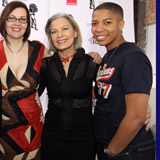
Since the sex wars, women have become more visible as producers and consumers of pornography, but many debates about working conditions and content remain stuck in the past. How should feminists, both within and outside the industry, engage with pornography today?

From Los Angeles to Minneapolis to Washington, D.C., workers are finding new approaches to bargaining for a greater good, aligning their demands with those of their community allies.

Does the conservative Law and Justice party’s victory represent the resurgence of populist nationalism in Eastern Europe? Perhaps. But it also represents something equally troubling about Polish politics: there are no left-wing alternatives.
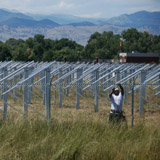
No amount of private-sector innovation will expand renewables’ use to anywhere near the scale needed to avert climate catastrophe, let alone advance a just transition. Here are some alternatives.
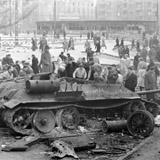
Struggles for democratization are always local struggles: the first thing their protagonists want is a state governed by the people who live in it. We must relearn how to support them.
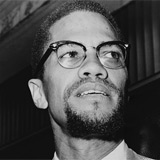
On the broad American left, internationalism used to be as common—and as essential—as breathing. What happened?

Two books offer new insights into the last forty-five years of uproar against abortion rights, and the fight to hold onto them.

While fossil fuel companies and their political allies continue to fulminate, they are losing ground with public opinion—thanks in no small part to the divestment movement on college campuses.

The new wave of true crime series has spawned an entire online subculture of amateur sleuths—not to mention vigilantes. But where do we draw the line between journalism, protest, and entertainment?
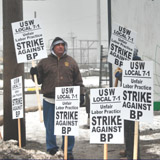
Environmental regulations never got the chance to destroy whole sectors of “good jobs” as their opponents promised they would—fossil fuel companies themselves, backed by neoliberal policy, destroyed them instead.

Any serious effort to keep global warming below catastrophic levels requires an unprecedented challenge to the fossil fuel industry from the grassroots. It also requires a vision of what the post-fossil future will look like.

Four parables from Adam Ehrlich Sachs’s collection, Inherited Disorders.

It is notoriously difficult to convict corporations of a crime in a foreign country. But on November 17, 2015, a Brazilian judge found the Swiss transnational agribusiness Syngenta liable for instigating deadly violence. The company was held responsible for attacking …
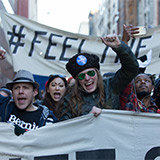
If Sanders does not triumph in 2016, how can those who thrilled at the prospect of a socialist president keep their movement going? One way would be to turn the Sanders platform into the agenda for a new, anti-corporate organization—a Tea Party of the left.

You might mistake Terezinha Silva for a middle-aged eco-fundamentalist from Brooklyn. In fact, she is a militant member of São Paulo’s working-class housing movement. I first met Terezinha at a workshop in São Paulo last summer. In attendance were over …






















